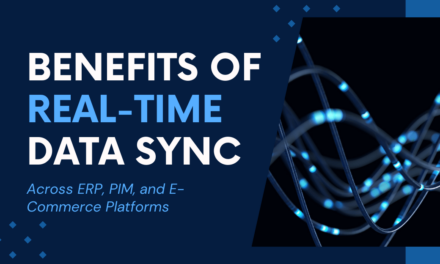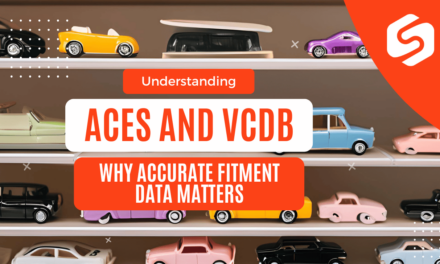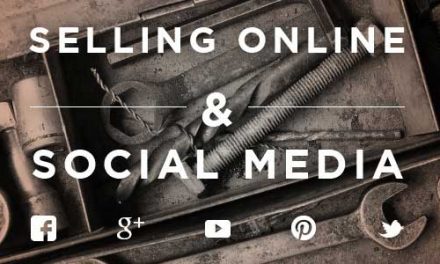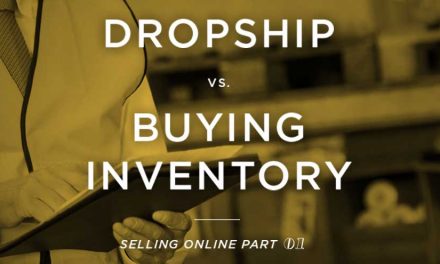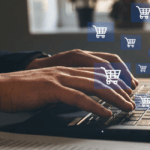
eBay and PayPal Splitting and What it Means for Your Business
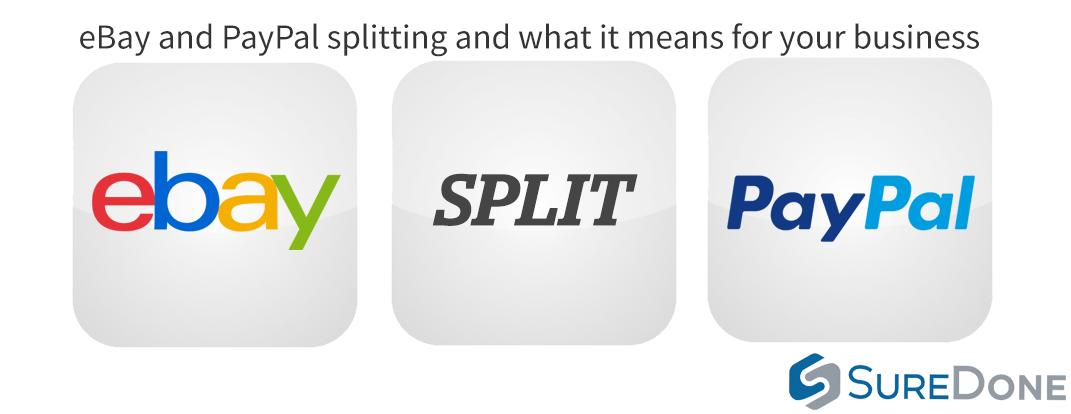
The end of a 13-year partnership
In 2002, eBay acquired PayPal for $1.5 billion, however that partnership is slated to end this week. On July 17th, eBay and PayPal will act as independently traded companies, but will begin trading as distinct companies three days later. On July 20th, eBay and PayPal will officially end the 13-year old partnership.
According to John Donahoe, current president and CEO of eBay, “eBay and PayPal are two great, special businesses. As separate independent companies, eBay, led by Devin Wenig and PayPal, led by Dan Schulman, will each have a sharper focus and greater flexibility to pursue future success in their respective global commerce and payments markets,” stated Donahoe.
What it means for future buyers and sellers
In a blog post written by Devin Wenig in April he shared the next steps for eBay. By focusing on engaging the “core buyer and seller segment”, eBay will work to improve the user experience on both ends. On the seller side, eBay plans to improve seller tools, simplify listing flows and implement predictive pricing data. eBay’s recent launches of their iPad app and Live Auctions is just the start of user experience upgrades to come.
For the next five years, eBay and PayPal will operate under an agreement that “will guarantee a reliable source of revenue for PayPal after the separation.” Additionally, PayPal can partner with competing companies. Since PayPal is free to work with other marketplaces, Amazon and Alibaba could implement PayPal for payments.
With the increasing competition in the mobile payments space, the recent split puts PayPal in a good position to compete. PayPal recently announced the acquisition of Xoom, a digital money transfer provider that allows customers in the United States to send money around the world.
How YOU could be affected
Although there are no immediate changes that will affect your business, it is important to keep the future in mind. eBay’s partnership with PayPal inhibited their ability to explore other payment options. Now that they’re no longer connected, eBay can explore other options that may streamline the process. For example, eBay may begin to allow shoppers to pay with credit card without creating an account with PayPal. Perhaps, customers may be able to use ApplePay or another competitor’s payment system.
The split does not come without its concerns. Sellers expressed worry over a “tracking problem”. Since PayPal and eBay were connected, they functioned seamlessly as a unit. However, now that they are no longer partnered, issues may arise in the future. A recent concern arose when PayPal updated their policy; they changed its Dispute Filing Window from 45 days to 180 days, which creates a discrepancy between the tracking information provided by USPS and the Filing Window. Now a customer could file a dispute requesting a refund five months after purchasing from your business, yet you are left without any proof the item was received since USPS only keeps the data for 120 days. It may be a good time to think about how you will protect yourself and your business from such situations.
What are your thoughts on this split? Will it be overall a good move for sellers? What is the fate of eBay after this split?

